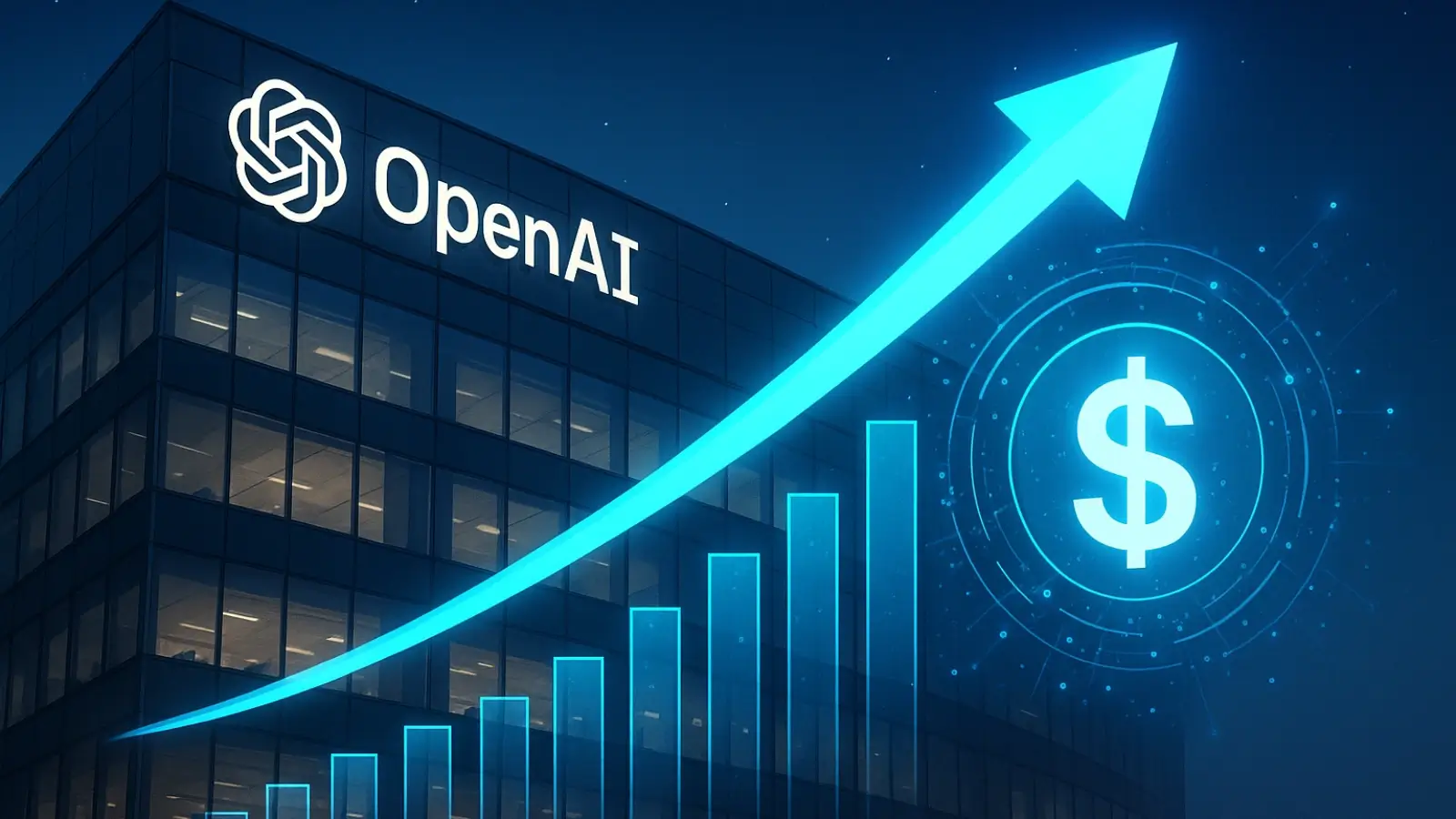


Orchard Robotics' vision system enables agricultural equipment to collect data autonomously. Agricultural robotics have existed for some time. Systems that pick apples and berries, remove weeds, plant trees, transport produce, and more have been developed. However, like other technologies, the value lies in the data these systems collect through onboard sensors. A significant aspect of these products' value proposition is the amount of actionable information their sensors gather.
In essence, Orchard Robotics' system removes the intermediary. That is not to say there is no value in automating tasks during labor shortages with equipment. However, the startup's system lowers barriers to entry by attaching sensing modules to equipment like tractors and other farm vehicles.
While many farmers embrace technologies that can potentially increase yields and fill roles difficult to permanently staff, fully autonomous robotic systems may be too costly initially.
As the name suggests, Orchard is initially focusing on apple crops. The system's cameras capture up to 100 images per second, recording data on every tree passed. Orchard Robotics' software utilizes artificial intelligence to generate maps with the collected data. This includes details on each bud/fruit detected on every tree, their distribution, and fruit hue.
"Our cameras image trees from bud to bloom to harvest, and use advanced computer vision and machine learning models we've developed to precisely collect data on hundreds of millions of fruit," says founder and CEO Charlie Wu. "This represents a significant advancement over traditional manual sampling of approximately 100 fruits."
Mapped using onboard GPS, farmers obtain comprehensive insights into crop success rates down to tree location and size within a couple inches. Founded at Cornell University in 2022, Orchard Robotics has already begun testing with farmers. Apparently, last season's field tests generated sufficient interest from real investors.
This week, the Seattle-based company is announcing a $3.2 million seed funding round led by General Catalyst. Additional participants include Humba Ventures, Soma Capital, Correlation Ventures, VU Venture Partners and Genius Ventures. This follows an undisclosed pre-seed of $600,000. The funding will support increasing headcount, research and development, and accelerating go-to-market efforts.